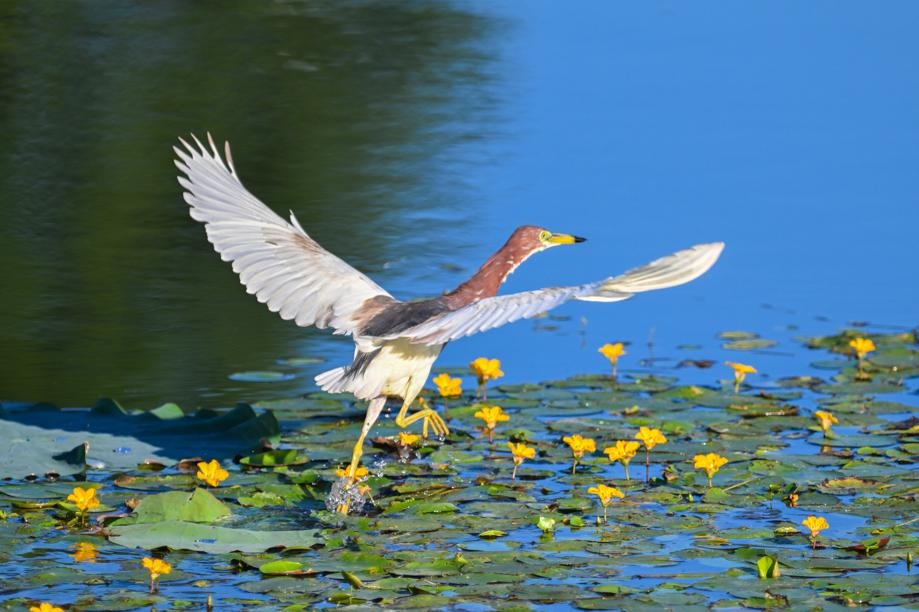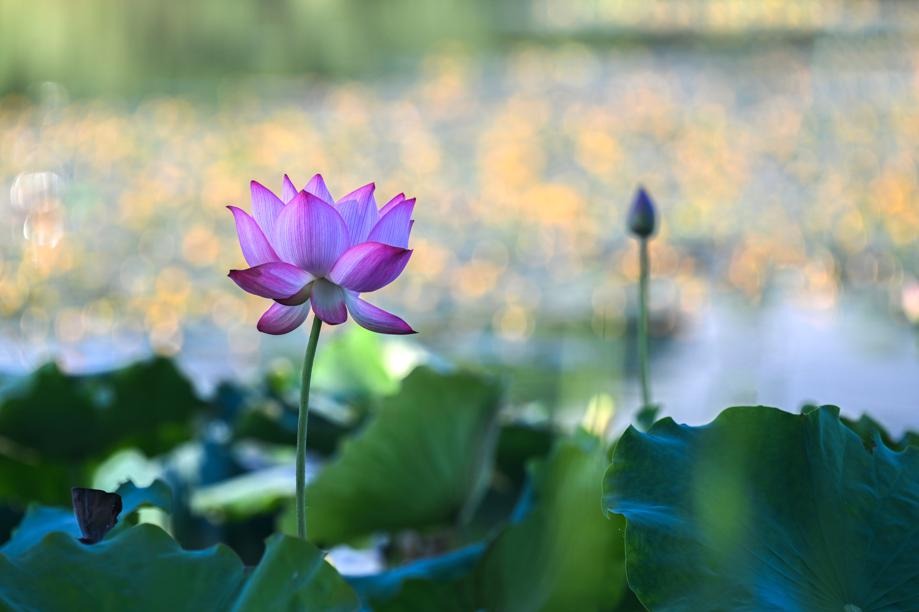Seeds from China's space station applied in breeding experiments

BEIJING -- With the return on Tuesday of the Shenzhou-17 manned spacecraft, a new batch of scientific experimental samples from China's space station have arrived on Earth, including seeds for breeding experiments.
Forage seeds, including alfalfa and oats, provided by the Lanzhou Institute of Husbandry and Pharmaceutical Sciences under the Chinese Academy of Agricultural Sciences, underwent 11 months of space radiation on the space radiation biology exposure equipment aboard the space station.
After basic checks at the Technology and Engineering Center for Space Utilization under the Chinese Academy of Sciences, the seeds were sent to a research team from the Lanzhou Institute of Husbandry and Pharmaceutical Sciences for experimental research.
The researchers have started seed germination experiments on the seeds and will further conduct ground-based breeding experiments to obtain excellent mutants and cultivate superior new forage varieties with higher yield, better quality and stronger resistance, said Yang Hongshan, the team's chief scientist.
The research results are expected to significantly enhance China's competitiveness in the field of agricultural science and technology, providing strong support for the sustainable development of agriculture in the country, Yang said.
The research team has successfully cultivated three new varieties of alfalfa and one new variety of oats through space-mutation breeding. These varieties have been widely promoted and applied in production.
- US tourist revisits China and falls for Kunming
- How amazing is Yunnan?
- Beach of Fujiazhuang Park in Dalian attracts tourists to cool off
- Across China: Former site of CPC's first polytechnic institution for higher education opens to public
- China prosecutes 21 key members of telecom fraud crime group in northern Myanmar
- Cruising event held in Qingdao to celebrate 20th anniv. of establishment of Maritime Day of China




































